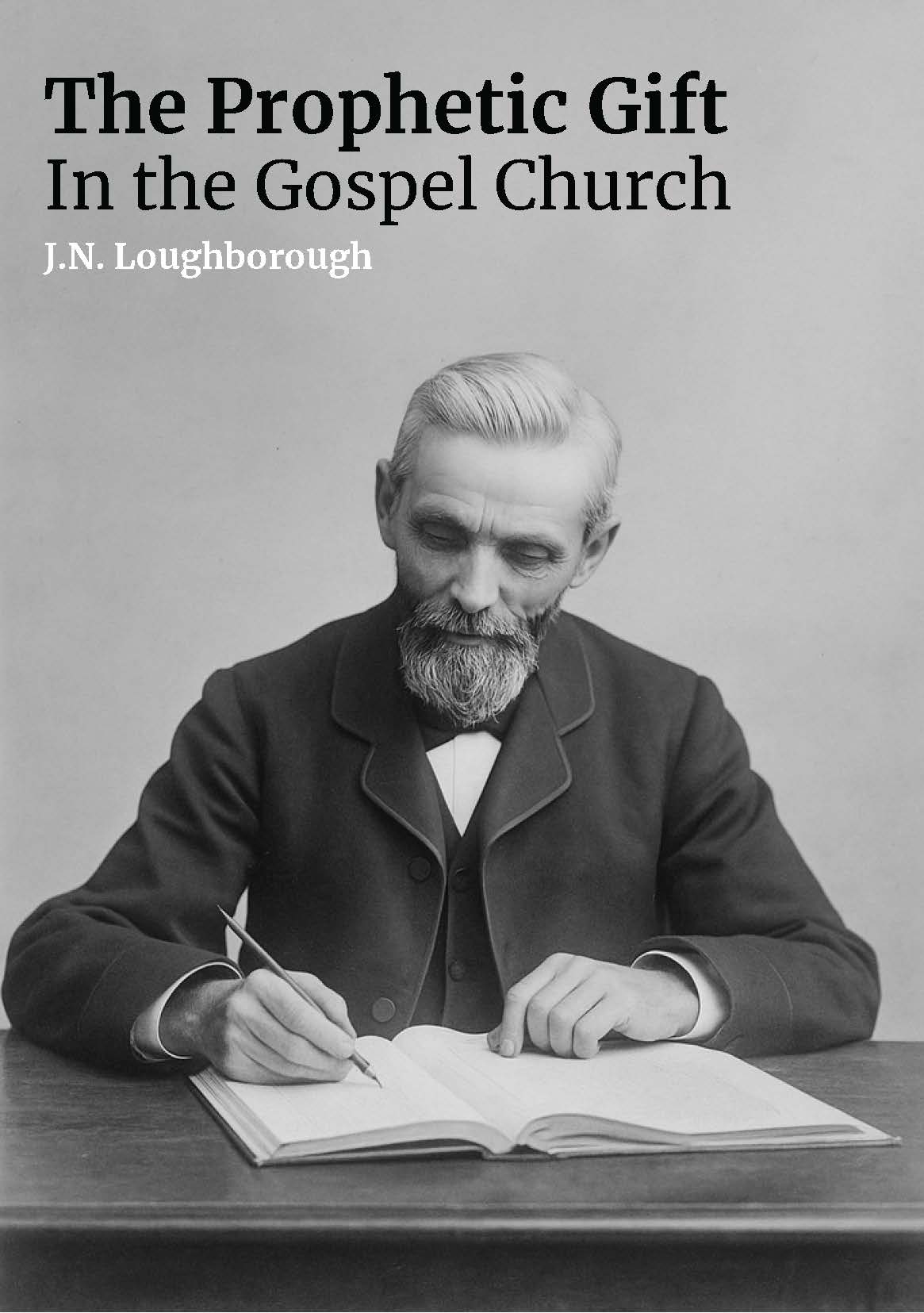G. I. Butler on Sonship, 1893.
OUR SAVIOR, DIVINE. By G. I. Butler, 1893.
IT is an inspiring thought to the true disciple ever to realize that our Savior who has under taken our salvation, is a divine being, really and truly God, as properly so called as the Eternal Father himself, and therefore almighty to save…
In this age of unbelief, of so-called "higher criticism," when the tendency is to whittle down everything supernatural to a mere human standard, we cannot too much emphasize the grand fact of our Lord's divinity…
We should lift him up in our own minds and before our fellow-men, that his exalted station may be properly recognized. In doing this, we not only show true honor to him, but to the Father also who has assigned him this position, and between whom there is perfect union and sympathy…
When Christ asked the disciples who the people said he was, their answers showed the plane of their expectations: Some said, "John the Baptist;" others, "Elias;" others, that prophet foretold by Moses. But when he asked them who he was, impulsive Peter expressed the grand truth, "Thou art the Christ, the Son of the living God." This answer Christ declared was a heavenly revelation to him, not a mere human conception, the grand truth upon which his church is founded, which the powers of hell should never be able to overthrow. Matt. 16:13-18. When the church has living faith in this glorious truth, Satan cannot destroy it. But to believe in him as a mere human being, or some created agent, is quite another thing…
This Jesus is the first-born of every creature. "God so loved the world, that he gave his only begotten Son, that whosoever believeth in him should not perish, but have everlasting life." John 8:16. The terms "only begotten" or "first begotten Son" are used at least eight times in the New Testament. These expressions positively imply his absolute pre-existence to every created being. He was not created, and therefore not a creature. He was " begotten " in some manner not revealed, and is therefore of the same substance or essence as the Father. His existence precedes that of all others excepting the Father…
Personally he is precisely like his Father in appearance, in nature, in character, in substance, and essence…
In him all the fulness of the Godhead dwells. Not an attribute or power has the divinity of the Father withheld from the Son. When he begat him of his own substance, the infinite majesty, glory, and excellence, the supreme wisdom, omnipotence, omniscience, and self-supporting existence from which all the powers of the universe take their origin, was as a necessary consequence conveyed to him. Though two beings, distinct in individuality and person, they are one in all else, perfectly united in methods, character, love and goodness, power, prescience, and might.
Yet Christ himself says, "My Father is greater than I." Sustaining the relation they do as the Father and the only begotten Son, precedence in a certain sense must necessarily be conceded to the Father. The existence of the Son is derived from the Father. This implies superiority in duration and rank. But as it pleased him that "all fulness," "the fulness of the Godhead bodily, "should dwell in the Son, it would be difficult to tell in what other sense that superiority could be predicated.” (G. I. Butler, RH, August 22, 1893, pp. 535, 536).





